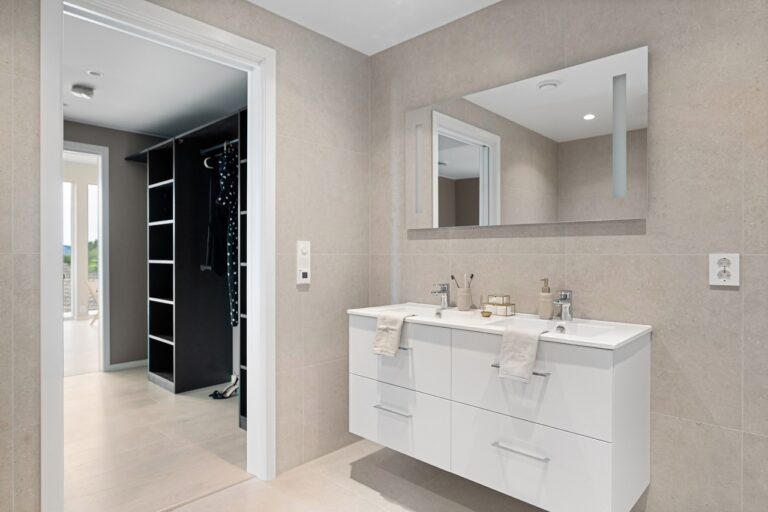Incorporating Smart HVAC Systems into Your Home Design
Smart HVAC systems refer to heating, ventilation, and air conditioning systems equipped with advanced technology and automation for optimal energy efficiency and comfort control in buildings. These systems incorporate sensors, smart thermostats, and internet connectivity to monitor and adjust indoor temperature levels based on programmed settings, occupancy patterns, and external weather conditions.
The operation of smart HVAC systems relies on the seamless integration of various components such as programmable thermostats, cloud-based platforms, and smartphone applications. By leveraging real-time data and analytics, these systems can adapt to users’ preferences, detect variations in indoor air quality, and adjust heating and cooling settings accordingly to create a more comfortable and energy-efficient indoor environment.
Benefits of Smart HVAC Systems in Home Design
Smart HVAC systems have become increasingly popular in modern home design due to their ability to provide enhanced comfort and energy efficiency. These systems utilize advanced technology to automatically adjust temperature settings based on occupancy, weather conditions, and even personal preferences. This not only helps in maintaining a comfortable indoor environment but also leads to significant cost savings on energy bills.
Another key benefit of incorporating smart HVAC systems in home design is the improved air quality they offer. These systems are equipped with sensors that can detect pollutants and allergens in the air, allowing for better filtration and ventilation. By ensuring a healthier indoor environment, smart HVAC systems contribute to the overall well-being of occupants in the home.
What is a Smart HVAC system?
A Smart HVAC system is a heating, ventilation, and air conditioning system that is equipped with smart technology to allow for remote monitoring and control of indoor climate settings.
How do Smart HVAC systems work?
Smart HVAC systems work by using sensors to gather data on indoor and outdoor conditions, which is then analyzed by the system to adjust temperature, humidity levels, and air quality in the home automatically.
What are the benefits of installing a Smart HVAC system in my home design?
Some of the benefits of Smart HVAC systems in home design include energy savings, improved indoor air quality, enhanced comfort, and convenience of remote control and monitoring.
Will a Smart HVAC system be more expensive to install than a traditional system?
While the upfront cost of installing a Smart HVAC system may be higher than a traditional system, the long-term energy savings and increased efficiency can make it a cost-effective investment in the long run.
Can I integrate a Smart HVAC system with other smart home devices and systems?
Yes, Smart HVAC systems are designed to be compatible with other smart home devices and systems, allowing for seamless integration and automation of various functions within the home.







